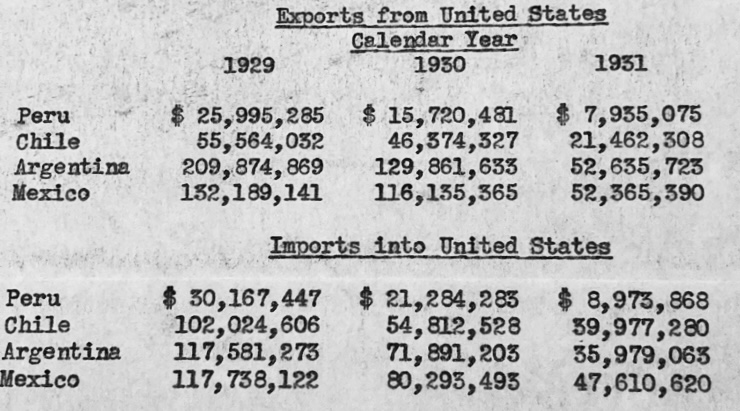Successes and Failures
Ultimately, the Tariff Act of 1930 had more failures than successes. With retaliations occurring throughout the world and the Great Depression affecting many people, Smoot-Hawley was harmful at a global scale.
Douglas Irwin, CATO Institute
There was an initial success with the Smoot-Hawley Act. The next few months after the act passed, the new tariffs seemed to benefit many Americans.
"... it appeared the optimist were correct, as business statistics showed a turn in the cycle. Factory payrolls, construction contracts, and industrial production all increased sharply, as did prices of common stocks. Factory employment and department store sales leveled out and began to show signs of turning upward."
- Robert Sobel, 1972
Unfortunately, global trade significantly decreased due to retaliation, worsening the Great Depression with less competition and higher prices on products.
"In 1929, the United States imported $4.3 billion and exported $5.2 billion in merchandise. After that, the value of both imports and exports fell, so that by 1932 the United States was importing only $1.3 billion... and exporting approximately $1.6 billion... running at about 30% of their 1929 levels."
- John M. Rothgeb, 2001

Smoot-Hawley also failed to decrease unemployment due to lost jobs, worsening the Great Depression. This helped contribute to the downfall of the Republican party.
Sang Hyun Chun, Senior Division, Individual Website